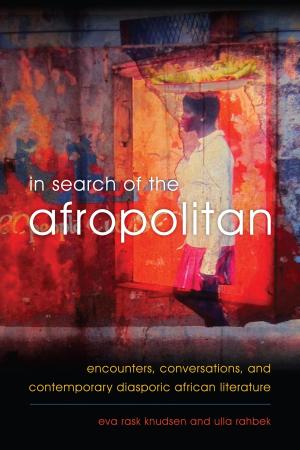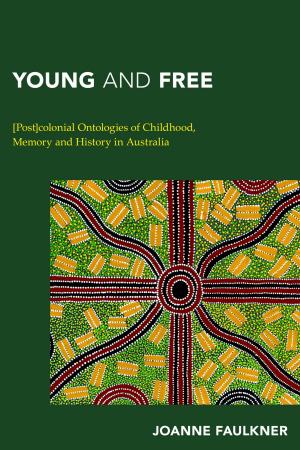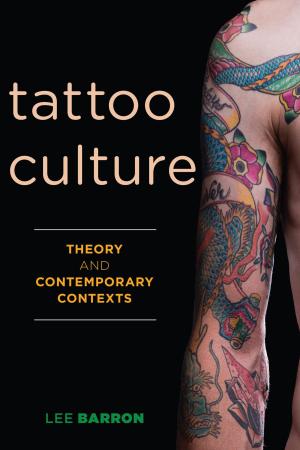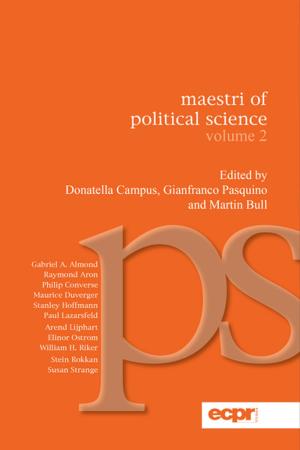Experience and Infinite Task
Knowledge, Language and Messianism in the Philosophy of Walter Benjamin
Nonfiction, Religion & Spirituality, Philosophy, Metaphysics, Ethics & Moral Philosophy| Author: | Tamara Tagliacozzo | ISBN: | 9781786600431 |
| Publisher: | Rowman & Littlefield International | Publication: | December 20, 2017 |
| Imprint: | Rowman & Littlefield International | Language: | English |
| Author: | Tamara Tagliacozzo |
| ISBN: | 9781786600431 |
| Publisher: | Rowman & Littlefield International |
| Publication: | December 20, 2017 |
| Imprint: | Rowman & Littlefield International |
| Language: | English |
This book examines the philosophical thought of the young Walter Benjamin and its development in his later work. Starting from his critique of the philosophy of Immanuel Kant and Hermann Cohen, the author traces the relationships among Benjamin’s theories — developed in tandem with his friend Gershom Scholem — of knowledge, language, ethics, politics, the philosophy of history and aesthetics, all linked to the Judaic theme of messianism and language as a realm of redemption. She delineates a horizon in which the concept of experience as structure, philosophical system and “infinite task” (On the Program of the Coming Philosophy, 1917/18*)* evolves into a concept of the origin as monad (The Origin of German Tragic Drama, 1925), merging finally into the historical concept as monad and dialectical image (On the Concept of History, 1940). Tagliacozzo asserts that the concept of experience as structure and symbolic system, derived from his critical interpretation of Kant and Neo-Kantianism, develops into a conception of thought founded on a theological language of revelation.
This book examines the philosophical thought of the young Walter Benjamin and its development in his later work. Starting from his critique of the philosophy of Immanuel Kant and Hermann Cohen, the author traces the relationships among Benjamin’s theories — developed in tandem with his friend Gershom Scholem — of knowledge, language, ethics, politics, the philosophy of history and aesthetics, all linked to the Judaic theme of messianism and language as a realm of redemption. She delineates a horizon in which the concept of experience as structure, philosophical system and “infinite task” (On the Program of the Coming Philosophy, 1917/18*)* evolves into a concept of the origin as monad (The Origin of German Tragic Drama, 1925), merging finally into the historical concept as monad and dialectical image (On the Concept of History, 1940). Tagliacozzo asserts that the concept of experience as structure and symbolic system, derived from his critical interpretation of Kant and Neo-Kantianism, develops into a conception of thought founded on a theological language of revelation.















